Post
A catch
Save a catch to start your fishing logbook. You will be able to to share it with the community if yo want!
A fishing trip
Post an ad to go fishing with other fishermen
Save a catch to start your fishing logbook. You will be able to to share it with the community if yo want!
Post an ad to go fishing with other fishermen
Share a thought, a question with the community
My favorite cities
×Join our 49 fishermen in Howe in Highland. The fishing forecast is currently 3.9. The most caught fishes here are the sole fish, the whiting fish, the sting ray fish and the john dory fish. Come try the most famous fishing techniques like the eel fishing in freshwater, tips on material for bream fishing with soft lure, quiver tip fishing (type of lead fishing) or tips on material for squid jigging.
Our fishing forecast of Howe indicates the best time to go fishing in this city.
The Sole Fish
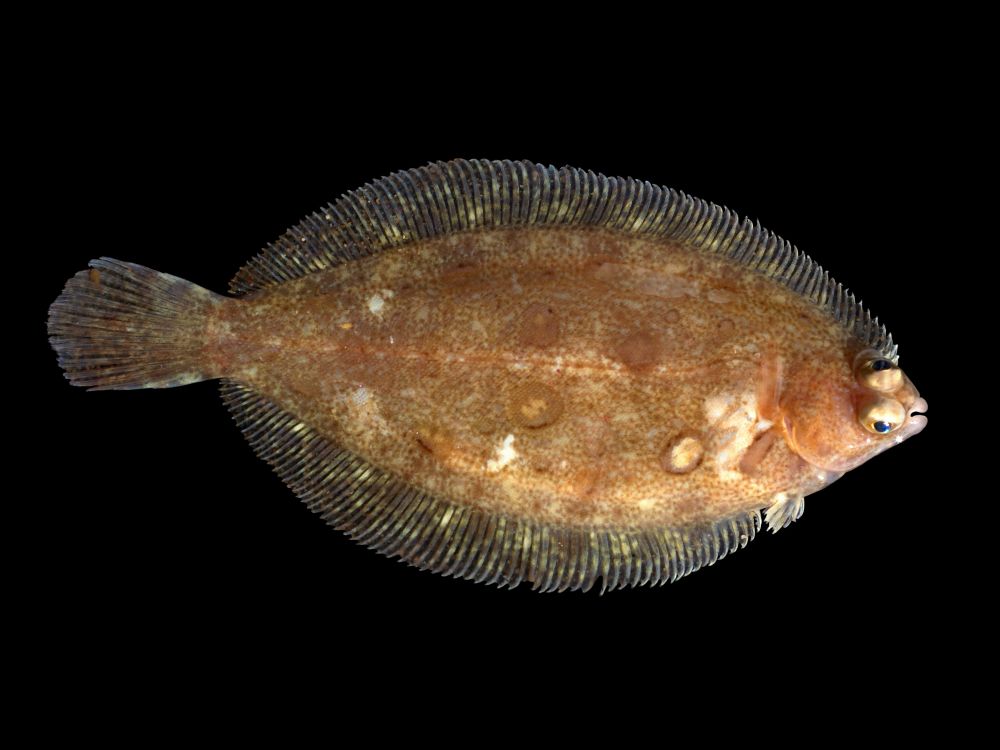
The sole fish belongs to the Soleidae family. The maximum size can reach 70 cm with a current size of 25 to 35 cm. Its longevity is 27 years. It breeds from January to March depending on the region. It can lay up to 1,300,000 eggs. It can be fished all year round. First of all, we notice in this flatfish its characteristic oval shape, which is not found in the other flatfish most frequently encountered by divers. The adult sole, a right-handed (or dexter) flatfish, rests on its left flank and has its eyes on the right side. The color of this fish is very variable: bluish grey to yellowish brown! The body is often marked with marbling and dark spots. The snout of the soles is rounded and shows a small arched mouth, located before the tip of the head. Her eyes are small and wide apart. The caudal has a rounded edge at the end of which a dark fringe can often be seen. On the seabed is the black spot (sometimes golden or brown) at the back and up of the pectoral fin. The dorsal and anal fins are generally white bordered and joined to the caudal by a thin membrane.
The Sole Fish is a famous fish you can catch in Howe.The Whiting fish
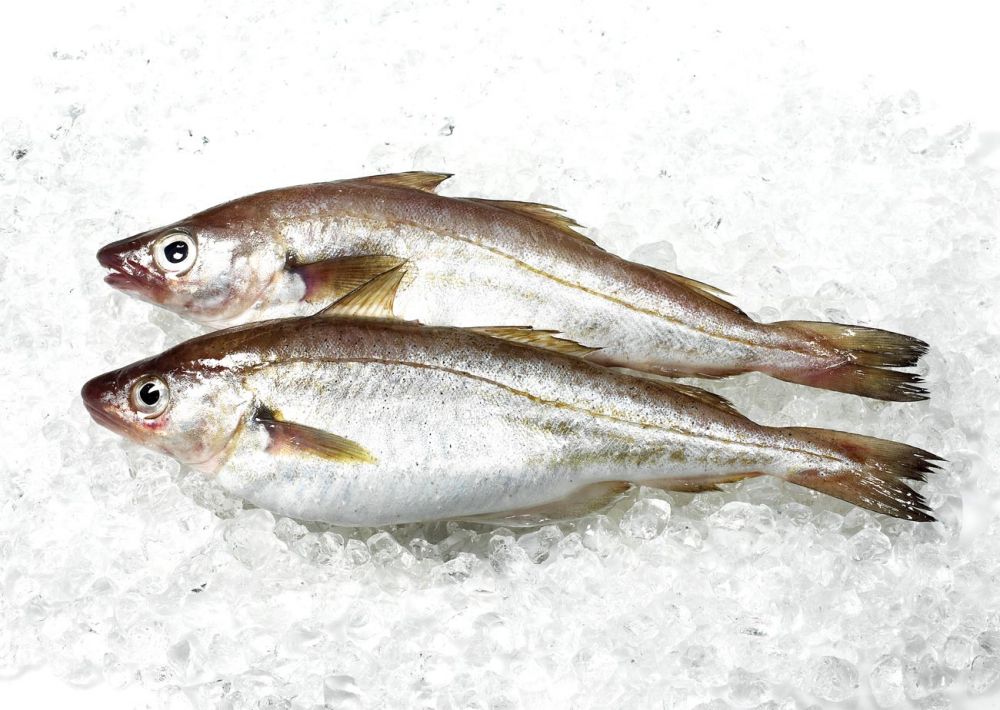
The Whiting fish belongs to the Gadidae family. Whiting grows quite quickly and measures about 30cm at the age of two years. At 5 years old, it measures about 50cm for a weight of about 1kg. Its maximum size reaches 70 cm. its lifespan is 22 years. It reproduces from January to April. A female can lay from 200,000 eggs to 1 million eggs. It is fished in winter. Its color is variable and can be yellowish brown, dark blue or green. Its sides are yellow-grey, white and its belly is silvery. A small dark spot is often present at the upper base of the pectoral fins.
The Whiting fish is a famous fish you can catch in Howe.The Sting Ray fish
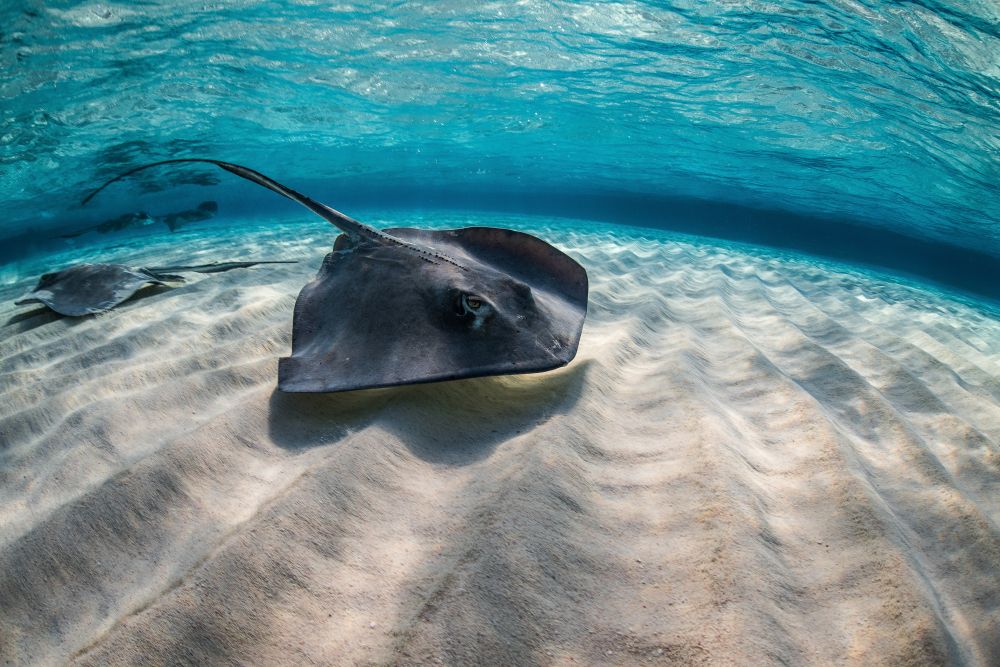
The Sting Ray fish belongs to the Dasyatidae family. The total length of this line is generally greater than 1 m, with a weight of 15 to 20 kg. The maximum known length is 2.50 m. The maximum lifespan is 20 years. Breeding usually takes place in summer. The female gives birth to 4 to 9 young. It can be fished all year round. The body of the sting ray is flattened, diamond-shaped, pointed at the front, with large pectoral fins: it is as wide as it is long. The tail, representing 60% of the total length, looks like a whip and, at one third of its base, it has a serrated spine, connected to venomous glands under the skin. The dorsal surface is bluish grey or reddish-grey in color, sometimes with white spots. This back is smooth, without tubers. The ventral side is clear. The sting ray has no dorsal fin or caudal fin and its pelvic fins are very small. The eyes are located on the dorsal surface while the mouth, nostrils and gill slits (five slits on each side) are on the ventral surface. The eyes are prominent, which gives him a very wide field of vision. Next to the eyes, an inhalant valve, called a spiracle, carries water into the gills. The mouth is located quite far back. Teeth are numerous and small, pointed in males and molar-shaped in females. The tail acts as a simple rudder and is not used for movement. It is done by the large pectoral fins, by beating. These fins are also used for burying in sand.
The Sting Ray fish is a famous fish you can catch in Howe.The John Dory Fish
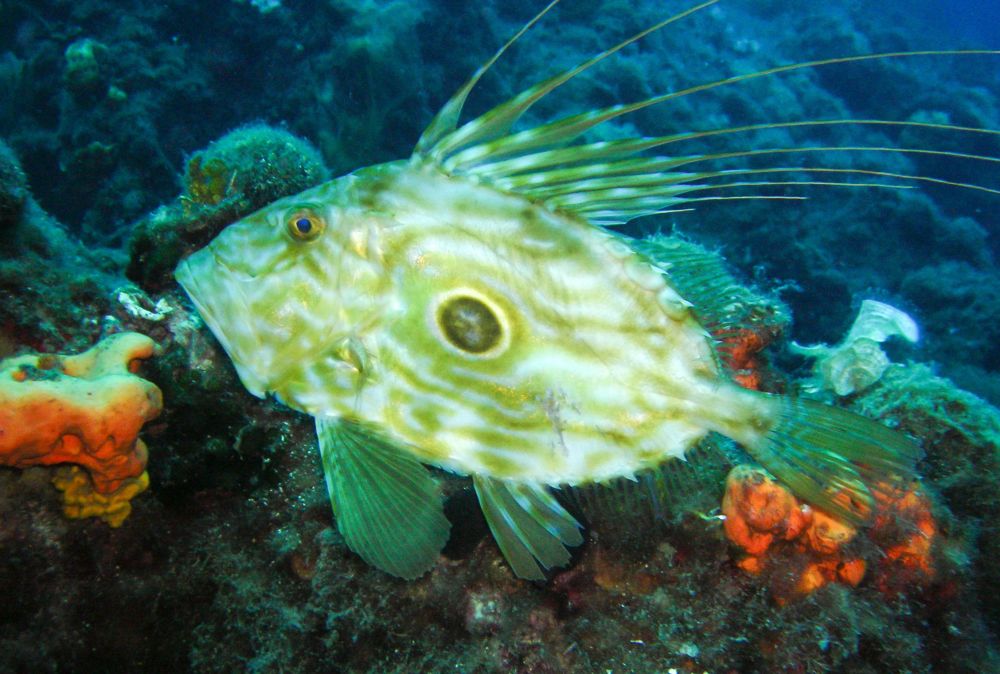
The John Dory fish belongs to the Zeidae family. It measures 30 to 50 cm on average and can reach a maximum weight of 8 kg. It can live up to 12 years. This fish is caught all year round but more easily from April to July. This fish has a high body and very strongly compressed laterally. Its head and the base of its fins carry thorns and bone ridges. The filaments carried by the dorsal fin are very long in juveniles and gradually regress until the animal reaches its adult size. Its eyes are high and his protractile mouth is widely split. An arched lateral line can be seen above the pectoral fins. Its color varies from grey-green with silvery to golden yellow reflections, often marked by longitudinal mottling. A large black eye patch surrounded by grey adorns the middle of each flank.
The John Dory Fish is a famous fish you can catch in Howe.The Brill fish
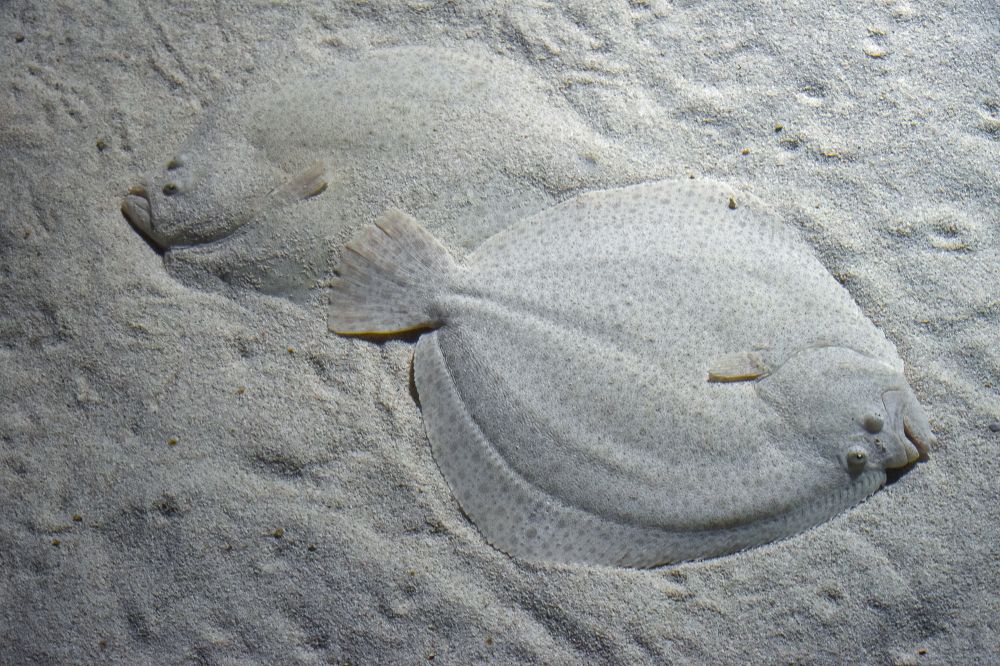
The brill fish belongs to the Scophthalmidae family. The minimum size of capture is 30 cm but can reach 75 cm for 6 kg. He can live up to 3 years. It breeds from late spring to early summer. The female can lay up to 15 million eggs. It can be fished all year. The brill has an oval body. It rests on its right side and has its left side. Thus, when placed with the head facing left, both eyes are located above the mouth. Its common name of brill comes from a particularity of its dorsal fin, whose origin is far in front of the eye and whose first rays are free and branched. The distance between the two eyes is greater than the diameter of one eye. The lateral line is very curved at the pectoral fin. As with many flatfish, the coloring is variable and depends on the biotope. The brill is indeed capable of homochromia, i.e. to match the color of the background. The coloring is rather brown, more or less speckled, and also varies according to the environment on a live fish. It has many round spots whose edges are incomplete rings of darker colors. The blind side is whitish.
The Brill fish is a famous fish you can catch in Howe.Our fishing forecast of Howe indicates the best time to go fishing in this city.
Our fishing forecast of Howe indicates the best time to go fishing in this city.
Our fishing forecast of Howe indicates the best time to go fishing in this city.
